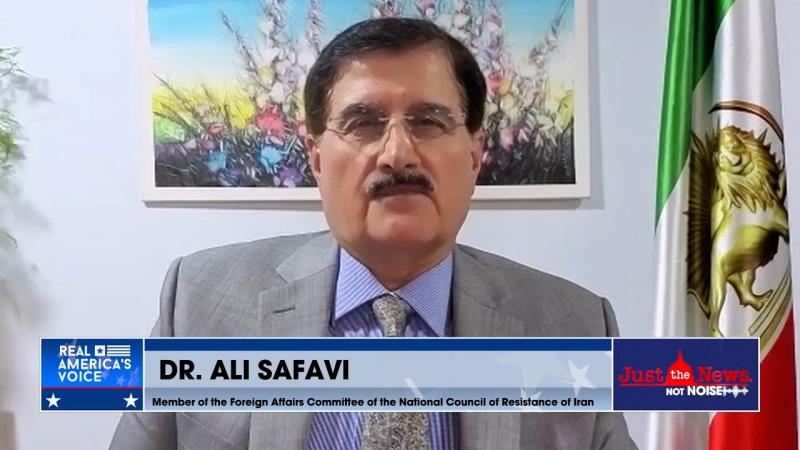Ex-Israeli Ambassador Oren says US airstrikes set back Iran's nuclear program by years
Legacy media and its anti-Trump coherents have been minimizing the damage done in the bombing of three major nuclear facilities in Iran on Saturday. People closer to the situation say different.
Former Israeli Ambassador to the U.S. Michael Oren said Wednesday that the U.S. attack on Iran's nuclear facilities set the country's nuclear program back years.
"Our assessment is that Iran has been set back for years," Oren said on a "Just the News, No Noise" TV special with the Association of Mature American Citizens (AMAC). "The damage was very extensive indeed, and we are satisfied with the damage."
Multiple media outlets reported on Tuesday that an intelligence report, by the Defense Intelligence Agency, concluded the strikes had only set back Iran's nuclear program by a few months and that Iran had moved much of its enriched uranium before the strikes.
CIA Director John Ratcliffe released a public statement on the destruction of key Iranian nuclear facilities, clarifying that agency intelligence contradicts "illegally sourced public reporting."
“CIA can confirm that a body of credible intelligence indicates Iran’s Nuclear Program has been severely damaged by the recent, targeted strikes," Ratcliffe said. "This includes new intelligence from a historically reliable and accurate source/method that several key Iranian nuclear facilities were destroyed and would have to be rebuilt over the course of years."
President Donald Trump ordered the bombing of three major nuclear facilities in Iran on Saturday. He praised the bombing of the nuclear facilities in Iran and said that "monumental damage" was done.
The attack on the Iranian facilities comes after Israel launched a "pre-emptive" strike on Iran last week aiming to dismantle the country's nuclear program. The strike resulted in Iran firing back and backing out of nuclear talks with the U.S. that were scheduled for June 23.
Iran responded to the U.S. bombings by launching missiles at U.S. military bases in Qatar on Monday, although Iran gave Qatar advance warning to minimize the human toll. Later in the day, Trump declared a ceasefire had been brokered between the two countries.
The real effects of "Operation Midnight Hammer"
Oren said the thing to take note of regarding Iran's nuclear weapons is how much motivation the country has to build them. "The question is, to what degree is Iran's motivation for creating nuclear weapons?" Oren asked. Its taste for nuclear weapons... has it been tampered with at all?"
He praised the military operation titled "Operation Midnight Hammer" and said, "This operation will be studied at West Point for the next, you know, for the next 100 years."
Regarding the current ceasefire between Iran and Israel, he said that there are still many questions to be answered about how that will look going forward.
"What does a ceasefire look like?" Oren asked. "What will America's position be should Iran violate that ceasefire in various ways, if it tries to rebuild its nuclear program? And what will be America's position in the negotiations which are set to revive soon? And meanwhile, we're still dealing with the situation in Gaza."
Trump administration officials are expected to meet with Iran next week amid the ceasefire agreement. Oren said the end goal of the conflict with Iran is to make sure that the country doesn't threaten Israel or the U.S. again.
"We have to come through this war assured that Iran will not threaten us the same way again [and] that opportunities for peace will open up throughout the entire Middle East," he said.













